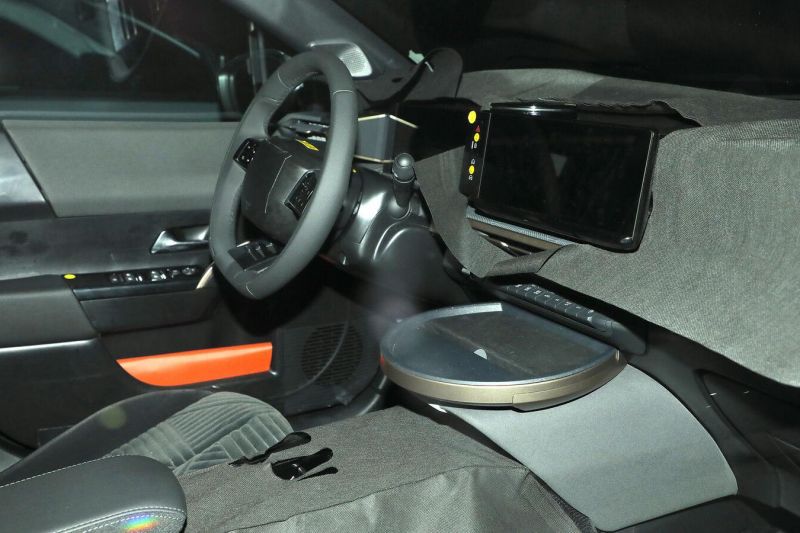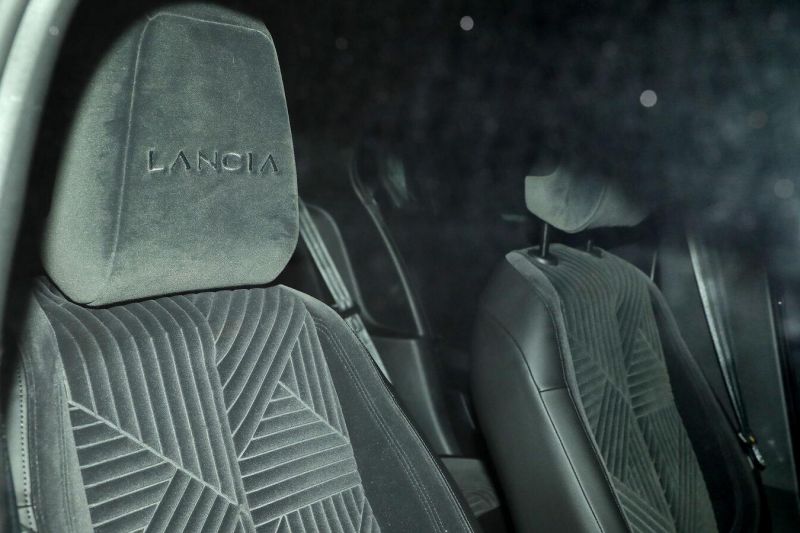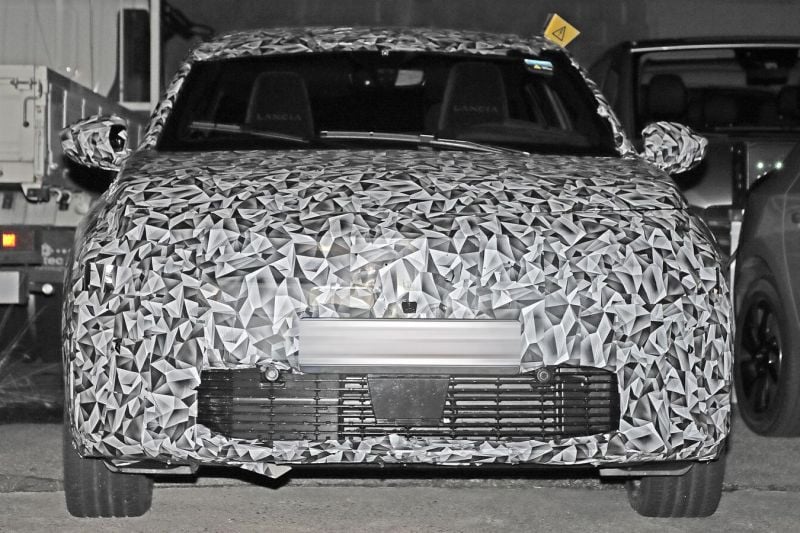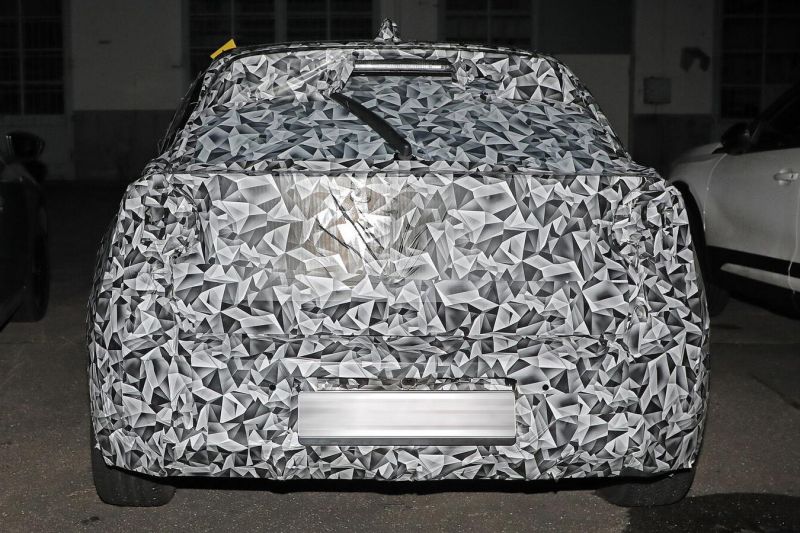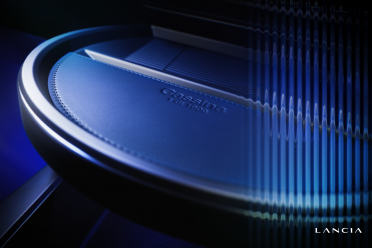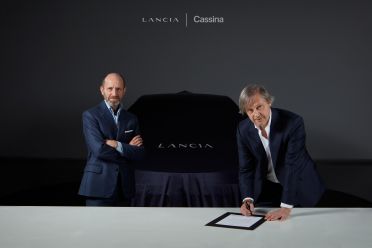Lancia sells just one vehicle in one market, but an infusion of funding will see it re-enter old markets and flesh out its line-up.
Images published by Autospy give us our best look yet at the next-generation Ypsilon, which will open an expanded range.
Despite the camouflage, it’s clear this is the new Lancia hatchback. The brand’s name is emblazoned on the headrests, while the unusual, table-like centre console lines up with a recent teaser.
The current Ypsilon is the last remaining Lancia, and is sold only in Italy where it remains the second best-selling vehicle despite dating all the way back to 2011.
The new generation is set to offer electric power, making it the first Lancia to do so. Reports have also indicated it will also offer a mild-hybrid petrol powertrain.
It’s set to launch in 2024, and will likely share its underpinnings with other electric light hatchbacks from Stellantis like the Opel Corsa-e and Peugeot e-208.
It’ll launch with the Edizione Limitata Cassina, a collaboration with luxury Italian furniture and interior design company Cassina.
Only 1906 units of the limited edition Ypsilon will be released, which is a nod to the brand’s founding year and a celebration of its 117 years of manufacturing.
Previewed in the recent Pu+Ra HPE concept and set to debut in the Ypsilon is Lancia’s mysterious “SALA” interior technology – an acronym for Sound Air Light Augmented, but also an Italian word for a living room or hall.
The “smart virtual interface” combines audio, climate control and lighting functions with different modes.
Lancia’s second EV will be an unnamed flagship, which has previously been reported to launch in 2026 and be “on the end of the crossover segment”, according to Lancia CEO Luca Napolitano in April this year.
The third EV is confirmed to be a new Delta, which has been previously reported to launch in 2028 and will be “muscular, geometric and tough”.
It’s unclear if a sporty HF variant will be part of the range. Despite the rally success of the first-generation Delta, subsequent generations of Lancia’s small car went without hardcore variants like the HF Integrale as, under Fiat, Lancia was repositioned as a purveyor of plusher vehicles.
Stellantis is positioning Lancia as one of its trio of ‘Premium’ brands, alongside Alfa Romeo and DS.
The brand will go electric-only by 2028, and will re-enter markets in Western Europe it exited several years ago.
Lancia’s ten-year expansion plan involves opening 100 dealerships in 60 European cities, but it plans to sell 50 per cent of its cars online.
Mr Napolitano said Lancia’s 10-year plan at present doesn’t involve expanding outside of Europe, but hasn’t ruled out the possibility of expansion to right-hand drive markets.
He also told Reuters in December 2021, “However, in the coming year, if things go well, why not try to bring (Lancia models with) right-hand drive also in Japan, South Africa or Australia?”
It has been a long time since the Lancia brand was seen on Australian shores. Its last appearance was with the Beta family in the mid-1980s.
There were mooted plans to bring the first-generation Delta here, along with larger fare like Thema, but these never eventuated. That’s despite said models being made available across the pond in New Zealand.
It withdrew from all markets bar Italy in 2017 after an influx of new products – many of which were rebadged Chryslers in a failed attempt to “twin” the two brands – struggled in the marketplace.

